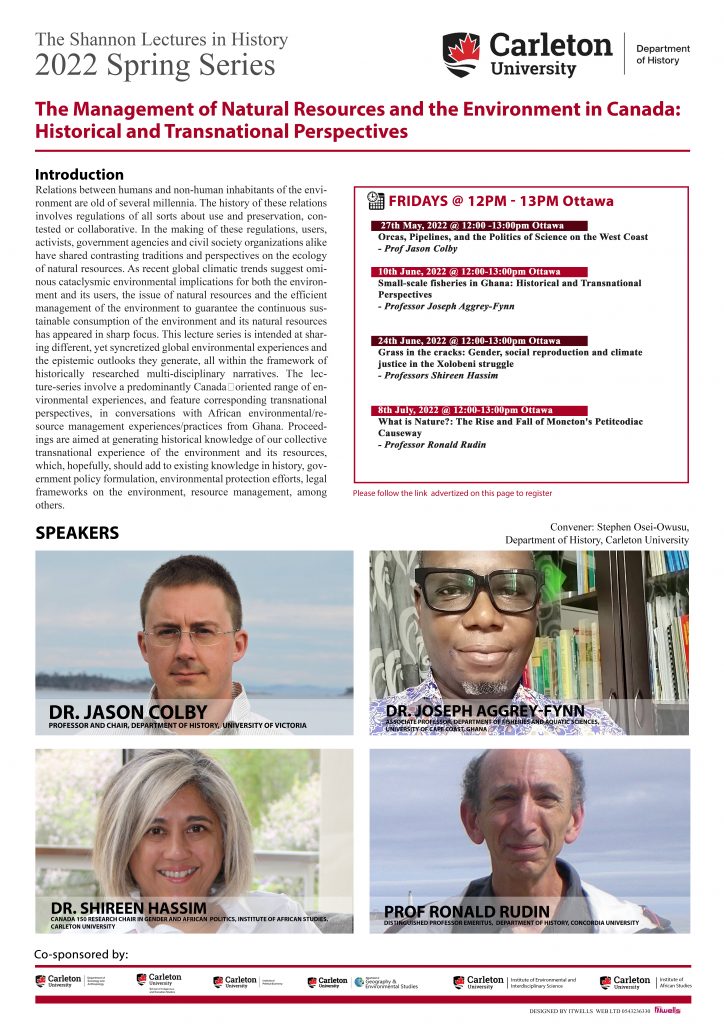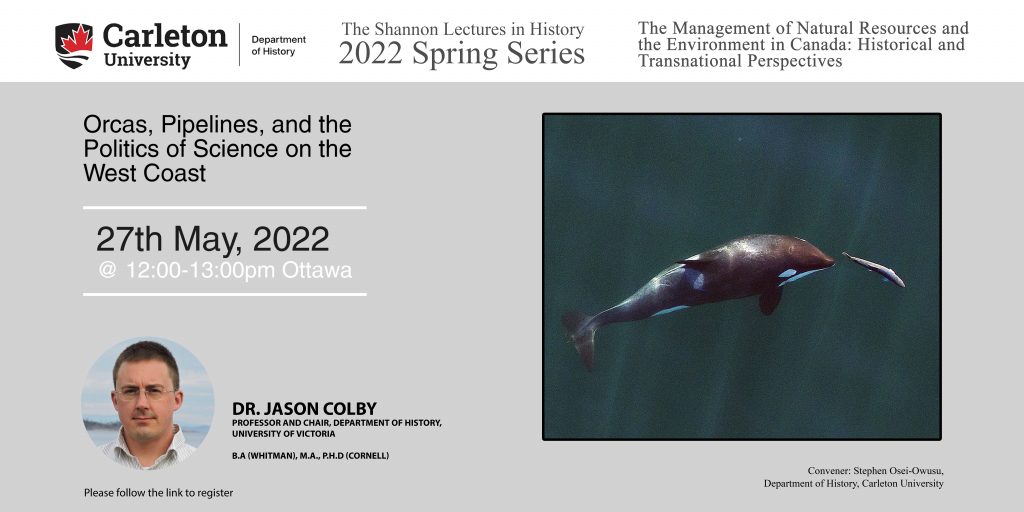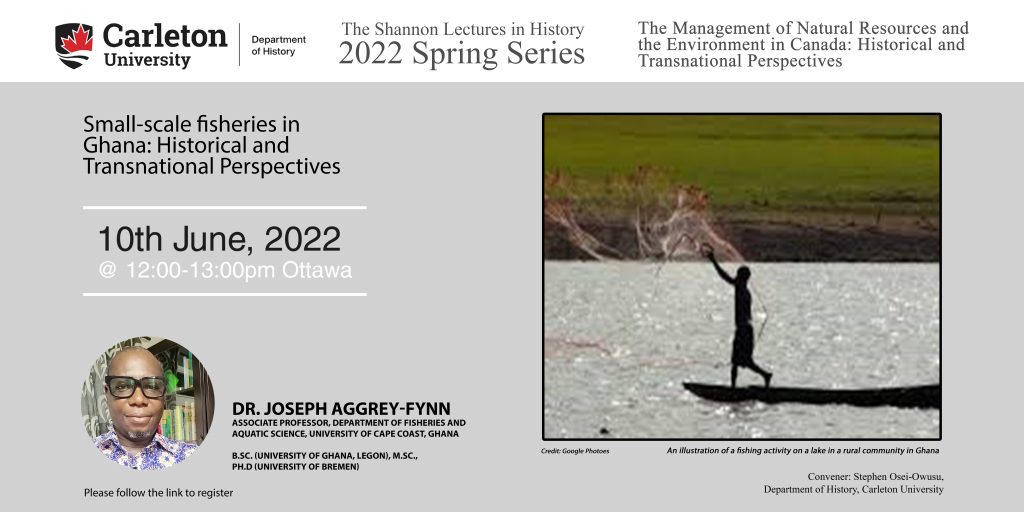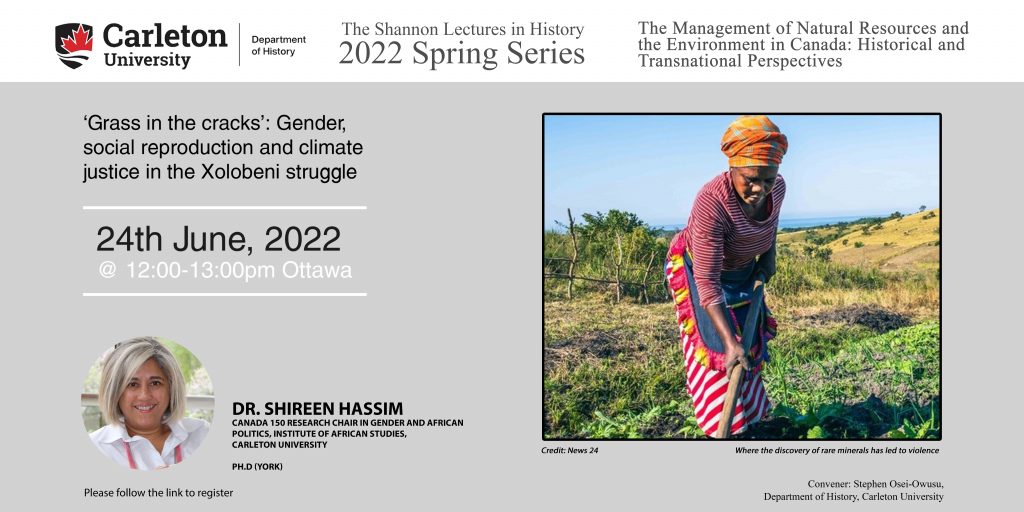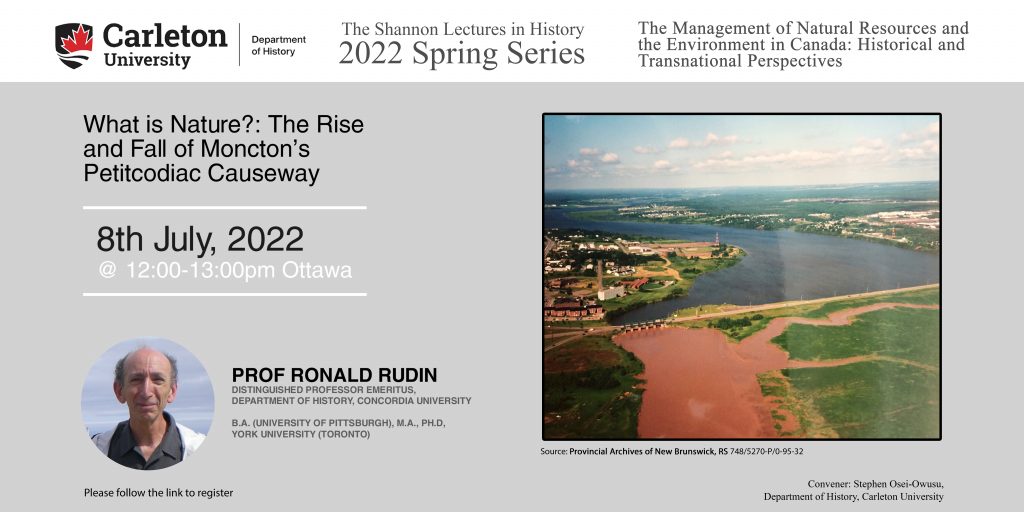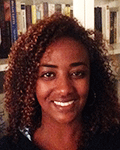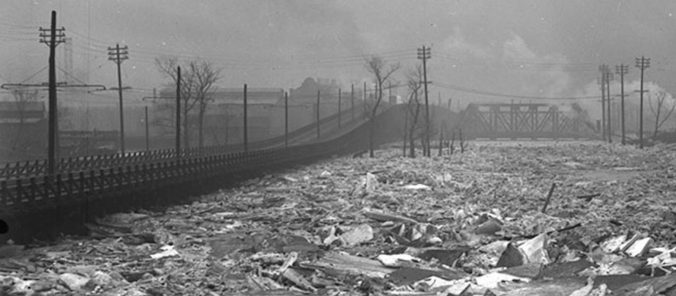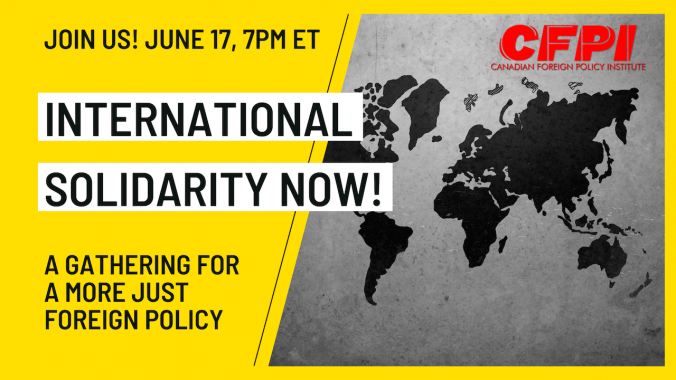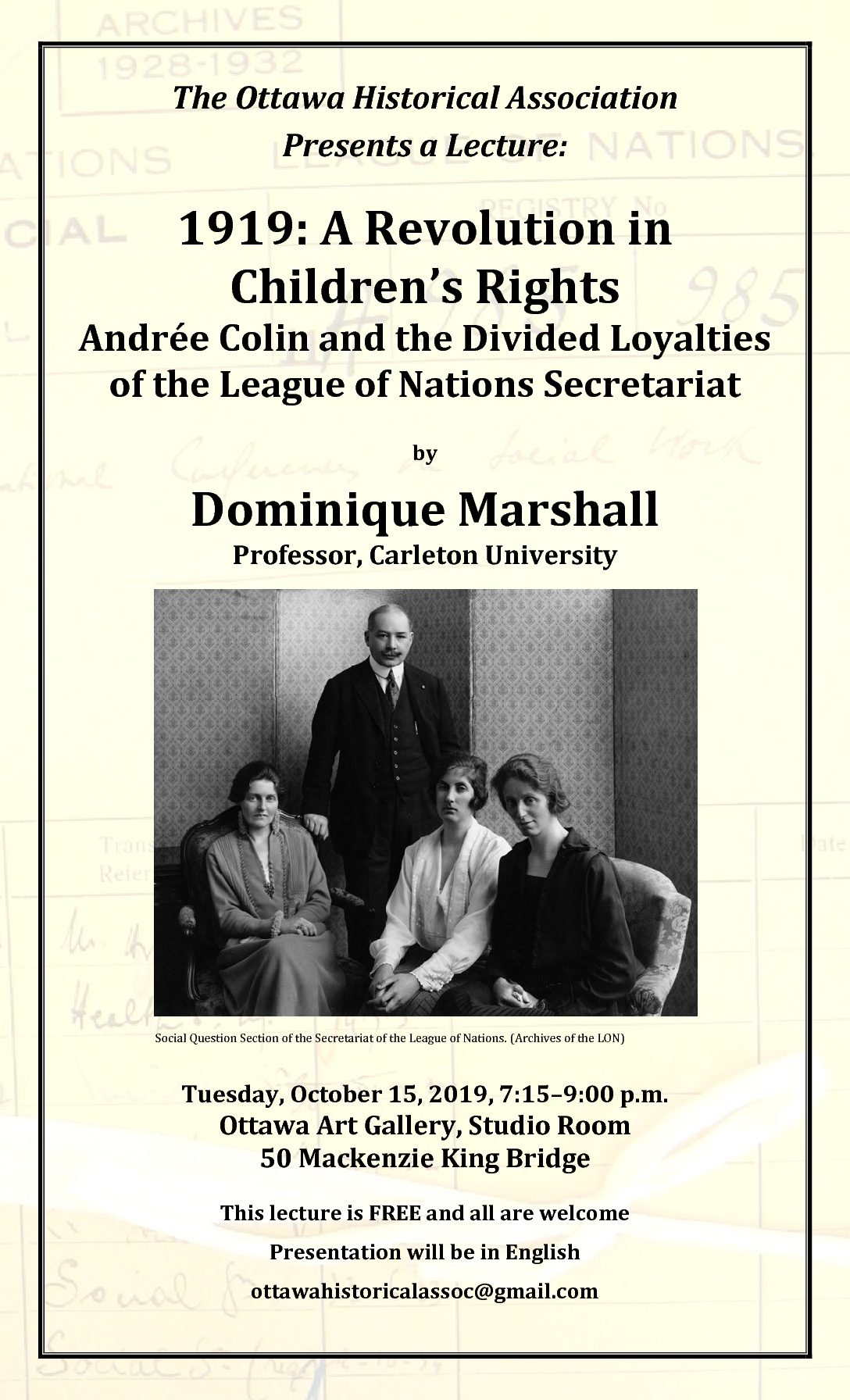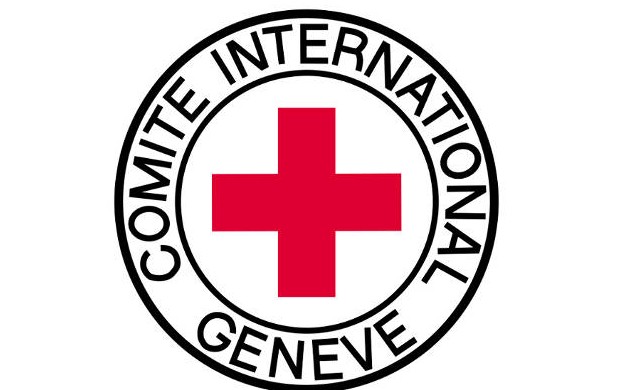AREAS OF WORK: The Digital Inclusion Lab is a team within Global Affairs Canada’s Centre for International Digital Policy. The Lab works on issues at the intersection of digital technology and foreign policy, with a human rights, democracy, and inclusion lens. The multidisciplinary team works in a creative, fast-paced environment, which requires flexibility and adaptability. The Lab collaborates with other government departments, non-governmental experts in civil society, academia and the private sector, and other states to address democracy and human rights in the context of digital technologies.
BENEFIT TO STUDENTS: The intern will have a chance to be part of a team that shapes Canadian foreign policy approaches through research and analysis. It will provide the successful candidate with the opportunity to learn about policy making and apply his/her academic skills to solving concrete policy challenges.
LOCATION: Due to restrictions related to COVID-19, the co-op/FSWEP term will be remote.
RATE OF PAY: Based on Treasury Board Secretariat guidelines for student employment. https://www.canada.ca/en/treasury-board-secretariat/services/pay/rates-pay/student-rates-pay.html
EDUCATIONAL BACKGROUND: Political science, international relations, development studies, conflict studies, gender studies, law, history, and other related fields.
JOB DESCRIPTION:
- Support the work of the Digital Inclusion Lab with research, analysis, and advocacy on key issues at the intersection of digital technology and human rights.
- Assist in the organization and preparation of briefing materials (i.e., research notes, summaries, briefing notes, talking points) for high-level events and meetings.
- Build external relationships that foster collaboration with academics, private sector, and civil society actors to amplify the relevance and potential impact of Canadian policy.
ESSENTIAL SKILLS/QUALIFICATIONS:
- Graduate students with a full-time student status for the Winter 2022 term (January – April)
- Knowledge of international relations and/or human rights and/or digital technology
- Excellent written and verbal communication in English and/or French
- Highly developed research, organizational and analytical skills
- Ability to prioritize work under pressure, both independently and within a team
- Strong judgement
- Strong ability to cooperate and collaborate with others
- Strong attention to detail
PREFERRED SKILLS/QUALIFICATIONS:
- Some prior knowledge of one of the policy areas of the Centre’s focus (emerging technology and geopolitics, internet governance, digital inclusion).
- Understanding of the way technology impacts foreign policy or strong interest to learn more about these issues.
- Strong knowledge of social media and digital technology and their impact on policy issues.
CONDITION OF EMPLOYMENT:
- Canadian Citizenship
- Securing the necessary security clearance
HOW TO APPLY: Please submit in a combined PDF file the following: 1) a cover letter that indicates how you meet the essential skills and qualifications; and 2) your resume in English or French to DigitalInclusionLab@international.gc.ca. Please confirm in your cover letter that you hold Canadian citizenship and advise if you currently hold a Government of Canada Security Clearance (please specify which level).
CLOSING DATE: Wednesday September 29th
Laboratoire d’inclusion numérique : Stage à temps plein/FSWEP
DOMAINES DE TRAVAIL: Le Labo d’inclusion numérique est une équipe au sein du Centre pour la Politique Numérique internationale d’Affaires mondiales Canada. Le labo travaille sur des questions à l’intersection de la technologie numérique et de la politique étrangère, dans une optique de droits de la personne, de démocratie et d’inclusion. L’équipe multidisciplinaire travaille dans un environnement créatif et rapide, ce qui exige souplesse et adaptabilité. Le laboratoire collabore avec d’autres ministères, des experts non gouvernementaux de la société civile, du monde universitaire et du secteur privé, ainsi qu’avec d’autres États, afin d’aborder la démocratie et les droits de la personne dans le contexte des technologies numériques.
AVANTAGE POUR LES ÉTUDIANTS: Le stagiaire aura la chance de faire partie d’une équipe qui façonne les approches de la politique étrangère canadienne par la recherche et l’analyse. Le candidat retenu aura l’occasion de se familiariser avec l’élaboration des politiques et d’appliquer ses compétences universitaires à la résolution de défis politiques concrets.
LIEU: En raison des restrictions liées à COVID-19, le stage coopératif/FSWEP se déroulera à distance.
TAUX DE RÉMUNÉRATION: Selon les lignes directrices du Secrétariat du Conseil du Trésor pour l’emploi des étudiants. https://www.canada.ca/fr/secretariat-conseil-tresor/services/remuneration/taux-remuneration/taux-remuneration-etudiants.html
FORMATION: Sciences politiques, relations internationales, études sur le développement, études sur les conflits, études sur le genre, droit, histoire et autres domaines connexes.
DESCRIPTION DU POSTE :
- Soutenir le travail du labo d’inclusion numérique avec la recherche, l’analyse et le plaidoyer sur les questions clés à l’intersection de la technologie numérique et des droits de la personne.
- Aider à l’organisation et à la préparation de documents d’information (c’est-à-dire des notes de recherche, des résumés, des notes d’information, des points de discussion) pour des événements et des réunions de haut niveau.
- Établir des relations externes qui favorisent la collaboration avec des universitaires, des acteurs du secteur privé et de la société civile afin d’amplifier la pertinence et l’impact potentiel des politiques canadiennes.
COMPÉTENCES/QUALIFICATIONS ESSENTIELLES :
- Étudiants diplômés ayant un statut d’étudiant à temps plein pour le trimestre d’hiver 2022 (entre janvier et avril)
- Connaissance des relations internationales et/ou des droits de la personne et/ou des technologies numériques.
- Excellente communication écrite et verbale en anglais et/ou en français
- Compétences très développées en matière de recherche, d’organisation et d’analyse
- Capacité à hiérarchiser le travail sous pression, à la fois de manière indépendante et au sein d’une équipe.
- Capacité de jugement
- Forte capacité à coopérer et à collaborer avec d’autres personnes
- Forte attention aux détails
COMPÉTENCES/QUALIFICATIONS PRÉFÉRÉES :
- Une certaine connaissance préalable de l’un des domaines d’action du Centre (technologies émergentes et géopolitique, gouvernance de l’internet, inclusion numérique).
- Compréhension de l’impact des technologies numériques sur la politique étrangère ou intérêt marqué pour en savoir plus sur ces questions.
- Solide connaissance des médias sociaux et de la technologie numérique et de leur impact sur les questions de politique.
CONDITION D’EMPLOI :
- Citoyenneté canadienne
- Obtention de l’habilitation de sécurité nécessaire
COMMENT POSTULER: Veuillez soumettre dans un fichier PDF combiné les éléments suivants : 1) une lettre de présentation qui indique comment vous répondez aux compétences et qualifications essentielles ; et 2) votre curriculum vitae en anglais ou en français à DigitalInclusionLab@international.gc.ca. Veuillez confirmer dans votre lettre de présentation que vous avez la citoyenneté canadienne et indiquer si vous détenez actuellement une autorisation de sécurité du gouvernement du Canada (veuillez préciser le niveau).
DATE DE CLÔTURE : Mercredi le 29 septembre
